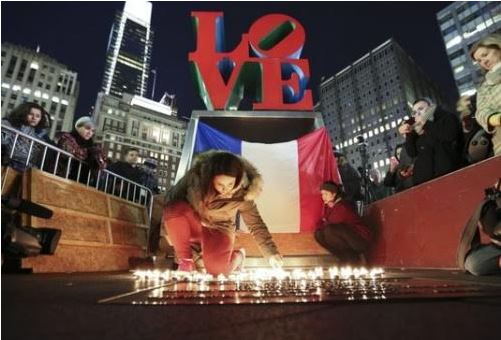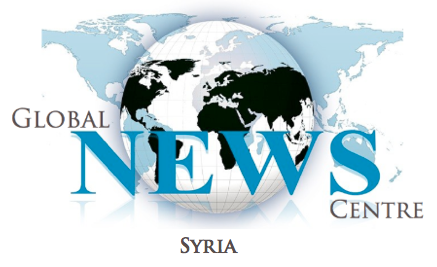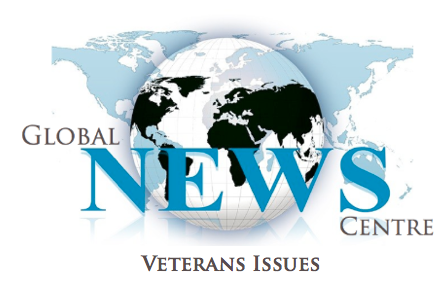Thoughts on the Paris attacks
 Sudden shocks such as the Charlie Hebdo and Paris massacres have been used to justify the French to bolster its security and intelligence forces and introduce new surveillance laws. In ordinary times, such laws might have been vigorously opposed by the populace. When security trumps privacy, the terrorists win.
Sudden shocks such as the Charlie Hebdo and Paris massacres have been used to justify the French to bolster its security and intelligence forces and introduce new surveillance laws. In ordinary times, such laws might have been vigorously opposed by the populace. When security trumps privacy, the terrorists win.
Ralph E. Stone Global News Centre
(SAN FRANCISCO) France and the free world are in mourning following the horrible Paris massacre on November 13 by at least seven gunmen, killing 129 and wounding another 352, 99 critically.
The Islamic State (ISIS) has claimed responsibility for the attacks, claiming retribution for French military aircraft “striking Muslims in the lands of the caliphate.”
French officials believe that Salim Benghalem, a French national who joined ISIS several years ago, directed Abdelhamid Abaaoud, an ISIS deputy and a Belgian national, to orchestrate Friday’s bloody rampage. The two men are believed to be in Syria.
There is no justification for this massacre or the Charlie Hebdo killings but placing these horrors in context makes them more understandable.
A poll conducted before the Paris attack showed that 1 in 6 French citizens have a positive attitude toward ISIS. This percentage increases to 27 percent among respondents aged 18-24.
The French government believes that more than 900 French citizens have joined ISIS in Syria and Irag. ISIS seems to be winning the hearts and minds of some disaffected French citizenry.
France has the largest Muslim population in Europe, estimated at about 5 million. Due to growing Islamaphobia, French Muslims are often marginalized. The January 7 massacre in Paris prompted by cartoons published in the weekly satirical publication Charlie Hebdo, reflect some of the longstanding tensions concerning immigrants from former French colonies in North and sub-Saharan Africa. Two radicalized brothers killed twelve at the Charlie Hebdo offices and days later killed four at a Jewish market. Certainly, the magazine’s history of xenophobia, racism, sexism and homophobia, made the magazine a likely target for incensed Muslims.
Also, France’s policy towards the war in Syria has been more forward than any other western country. France was early in calling for President Bashar al-Assad to step down and recently joined airstrikes inside Syria against ISIS. In the war against ISIS and al-Qaeda, collateral damage – the inadvertent killing of innocent civilians – has become so common as to pass with little or no media comment. Civilian deaths by coalition bombings and drone attacks have become an effective recruiting tool for ISIS. Are Western deaths more important, more newsworthy?
Sudden shocks such as the Charlie Hebdo and Paris massacres have been used to justify the French to bolster its security and intelligence forces and introduce new surveillance laws. In ordinary times, such laws might have been vigorously opposed by the populace. When security trumps privacy, the terrorists win.
The killings in France are only two of many attacks attributed to ISIS. In 2015 alone, at least 88 attacks have been attributed to ISIS, including the November 12 bombing in Lebanon, killing 43; an ISIS affiliate claimed responsibility for downing a Russian plane in Egypt on October 31, killing all 224 aboard; and it is believed ISIS was responsible for two explosions on October 10, killing 100 people in Turkey.
The United Nations estimates 800,000 refugees have journeyed to Europe, arriving mainly from Syria, Afghanistan and Iraq. The European Union estimates another 3 million more refugees will arrive by 2017. Citing security and economic concerns, countries seem unwilling or unable to absorb these refugees fast enough.
Bottom line, we are not winning the war against terrorism. Bombings are not doing the job. Boots on the ground may be required to defeat ISIS. In the meantime, we can expect the enactment of tougher security laws and more refugees fleeing conflicts around the world. We can also expect the war against terrorism to continue for years with the assurance of more bloodshed to come.
_______________________________________________________________________________
 Global News Centre writer Ralph E. Stone was born in Massachusetts. He is a graduate of both Middlebury College and Suffolk Law School. We are very fortunate to have this writer’s talents in this troubling world; Ralph has an eye for detail that others miss. As is the case with many GlobalNewsCentre.com writers, Ralph is an American Veteran who served in war. Ralph served his nation after college as a U.S. Army officer during the Vietnam war. After Vietnam, he went on to have a career with the Federal Trade Commission as an Attorney specializing in Consumer and Antitrust Law. Over the years, Ralph has traveled extensively with his wife Judi, taking in data from all over the world, which today adds to his collective knowledge about extremely important subjects like the economy and taxation. You can send Ralph an email at this address [email protected]
Global News Centre writer Ralph E. Stone was born in Massachusetts. He is a graduate of both Middlebury College and Suffolk Law School. We are very fortunate to have this writer’s talents in this troubling world; Ralph has an eye for detail that others miss. As is the case with many GlobalNewsCentre.com writers, Ralph is an American Veteran who served in war. Ralph served his nation after college as a U.S. Army officer during the Vietnam war. After Vietnam, he went on to have a career with the Federal Trade Commission as an Attorney specializing in Consumer and Antitrust Law. Over the years, Ralph has traveled extensively with his wife Judi, taking in data from all over the world, which today adds to his collective knowledge about extremely important subjects like the economy and taxation. You can send Ralph an email at this address [email protected]



















 London
London
 Oregon
Oregon





Leave a Reply
You must be logged in to post a comment.